Voices of Exploration – An ever-expanding database of exclusive monthly interviews with the world’s leading explorers.
Regardless of where we were born, mankind’s urge to explore transcends all differences of nationality and faith. It remains an emblem of universality deserving of a wider global study.
Ironically, though the public has long yearned for fresh voices who could share their hard-won wisdom, in the corporate-dominated world, where finances always come first, meaningful dialogue with the world’s leading explorers has been passed over in preference to slick ads and predictable yearly awards.
That is why I am proud to announce the launching of this valuable new series.
The Voices of Exploration project is designed to be an ever-expanding data bank of interviews and wisdom. My friend, Basha O’Reilly, is one of the Founders of the Long Riders Guild, who has already launched the Voices of Authority equestrian educational program.
Duncan J. D. Smith, Urban Explorer, travel writer, historian, and photographer
Born in Sheffield, England in 1960, Duncan J. D. Smith has been exploring for as long as he can remember. Inspired after seeing the grave of a Roman soldier in his grandparents’ garden he opened his own museum, and went on to read Ancient History and Archaeology at Birmingham University. In his spare time he explored the north of England with his father Trevor, and between them they wrote a handful of successful books.
After several years in the publishing industry (including a stint as sales manager for Lonely Planet) Duncan became the Urban Explorer, and embarked on an extended adventure to uncover and record the hidden corners of Europe. His findings are being published in the ground breaking “Only in…” series of guidebooks, in which he reveals European cities from hidden perspectives.
Also a regular visitor to Africa and the Middle East, Duncan generates illustrated material for publication prompted by the places and peoples he encounters. In his spare time he indulges his interest in the history of exploration and the vintage travel writing associated with it.
Described as “the thinking man’s exploratory investigator” Duncan is based in England and Central Europe, and is a Fellow of the Royal Geographical Society.
Who do you think was the most influential explorer in history and why?
For me the explorers par excellence were James Cook (1728-1779) and Alexander von Humboldt (1769-1859). Cook because he took so many talented companions on his journeys and respected the traditions of the peoples he encountered, and Humboldt for contributing to so many different fields of knowledge. I believe that modern explorers can still learn from both of them.
Who inspired you to become an explorer and why?
My grandfather Philip G. M. Dickinson because he taught me that the history of mankind lay not only in the pages of history books but also in the lie of the land. I’ve been looking for signs in the landscape ever since.
What is your favourite exploration book and why?
I regularly re-read the journal of Captain Scott’s last expedition. The Irish Times called it “the mother of all books about walking”, and they were right. The bravery of man and beast pitted against insuperable odds shines through in this lyrical paean to bold ambition, dogged determination, and wearied resignation, as the Antarctic winter puts a halt to their 1,766-mile round trip, just eleven miles short of the next food depot.
What is your favourite exploration film and why?
Frank Capra’s “Lost Horizon” (1937) in which an aeroplane carrying a British diplomat crashes in the Himalayas. Rescued by Tibetan monks he is taken to a Lamasery protected by mountains from the outside world. The monks reveal a Utopian society, a Shangri-La, where the fruits of man’s labours can be preserved from the ravages of war, and man himself can live longer and in peace. The book on which the film is based was written by James Hilton (1900-1954), who was inspired by reading National Geographic. A longheld ambition of mine is to travel in the footsteps of the great plant hunter Frank Kingdon-Ward (1885-1958), who was one of the first Westerners to penetrate the Tsangpo Gorge in Tibet, the world’s steepest. For Buddhist pilgrims it is a portal to an earthly paradise; for the rest of us it is the Shangri-La of “Lost Horizon”.
If you were travelling to the South Pole in the “Heroic Age”, would you prefer to travel with Shackleton, Amundsen or Scott, and why?
I admire both Scott and Shackleton for different reasons but wouldn’t choose to travel with them. Amundsmen would be my man because he was best prepared for the job in hand, as demonstrated by the outcome of his expedition. I admire his pragmatic thinking, which was based on years of experience. Having said that I think I would have got along quite well with Scott’s right-hand man, Edward Wilson, on account of his interest in natural history and his unswerving Christian faith.
What was the most dangerous situation you survived?
Two episodes spring to mind, although neither were necessarily life threatening. During an archaeological trip to the Greek Peloponnese in the 1980s I was attacked by a swarm of very aggressive bees whilst exploring a Late Bronze Age tomb. They were aroused by the flash on my camera. At the time it seemed all very Indiana Jones! More recently, during an extensive foray into the highlands of Northern Ethiopia, my driver was almost shunted off a mountain road by a rogue truck driver. I also once collapsed in the tomb of Tutankhamun but that story is for another time…
What is the single greatest change you have witnessed in the exploration world since you began?
The shift in global opinions since the September 11 attacks in New York has had a considerable impact on the whys and wherefores of modern exploration. Past cultural sensitivities have justifiably been thrown up for re-discussion, and countries which people should have known much more about have been thrust belatedly into the limelight. Despite the inexorable advance of the Internet it seems that general knowledge about people and places has not kept pace, and today’s explorers can help correct this. I believe that explorers have an important part to play in the world post 9/11.
What modern technology or techniques do you find most helpful?
For the travel writer and historian online resources such as Wikipedia are an inestimable boon to research. Barely more than a decade ago it would have been impossible to imagine having an entire library at one’s finger tips. Other than that I’m fairly old school in preferring traditional guidebooks and folding paper maps over portable digital aids.
What piece of equipment always goes with you?
A small bottle of Schnapps. I’ve learned over the years that nothing ruins the pleasure of an expedition quite like an upset stomach, and one way of avoiding it is to take a sip of Schnapps before and after every meal. It goes without saying that a good map is indispensable, too. After all, as the desert traveller Rosita Forbes remarked: “A map represents the other side of the horizon where everything is possible”.
Which book would you recommend to would-be explorers today?
Can I have three? If so they’d be “The Flying Carpet” by Richard Halliburton (1933), “Wind, Sand and Stars” by Antoine de Saint-Exupéry (1939), and “A Time of Gifts” by Patrick Leigh Fermor (1977). The first is a timeless freewheeling narrative of true adventure. The second is a poetic meditation on self-discovery through adversity. The third is as a model of how to report one’s experiences when the journey is done: it is descriptive travel writing at its very best.
What would you tell young explorers to be wary of?
Moving too quickly and not leaving a good part of oneself at home. When exploring a city, for example, the psychogeographer Iain Sinclair recommends “drifting purposefully… allowing the fiction of an underlying pattern to reveal itself”. The indomitable travel writer Freya Stark goes further by stating that “One can only really travel if one lets oneself go and takes what every place brings without trying to turn it into a healthy private pattern of one’s own.” I would second both opinions.
Why is it important for humans to continue exploring?
Early man was the first explorer and his motivation was hope. He left his comfort zone in the hope of finding water and food, security, and grazing for his animals. The modern explorer is similarly motivated only the reward this time is enlightenment. Our planet faces more problems than ever before, and without venturing forth to find answers humanity will face a bleak future. Exploration is no longer about planting flags and staking claims: it’s a right and a duty for every generation to satisfy its longing for meaning and purpose.
Which of your achievements do you think will be most remembered?
As a travel writer it would be nice to think that my books might outlive me. If so I’d be very gratified to think that I’d encouraged at least a few people to really get under the skin of a place and its people, and to be changed by the experience. After all, as the old Chinese proverb goes: “He who returns from a journey is not the same as he who left”. That for me is the essence of exploration.
Further information:
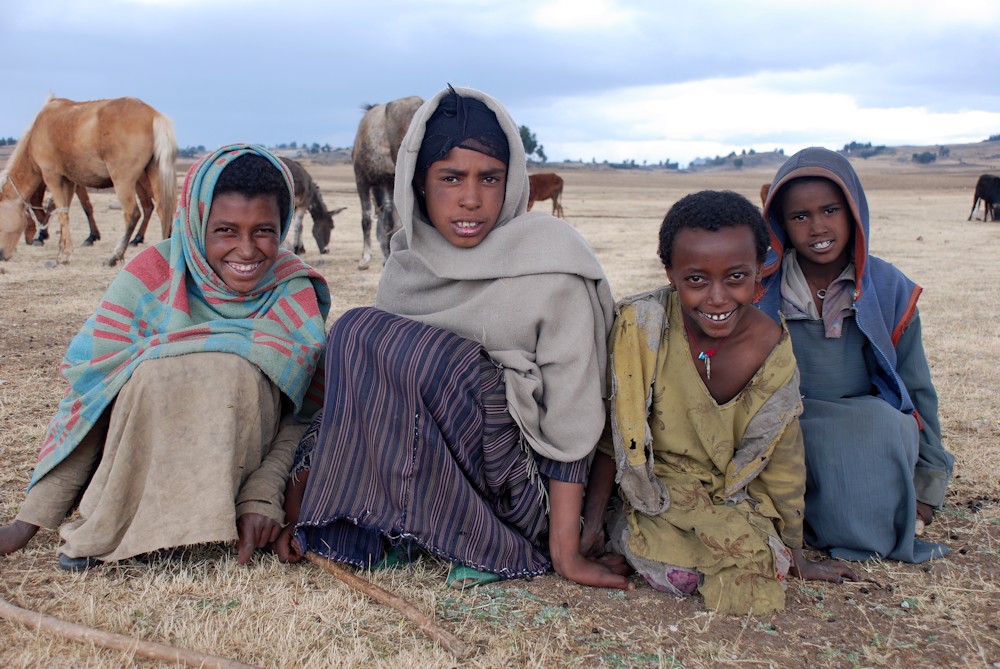
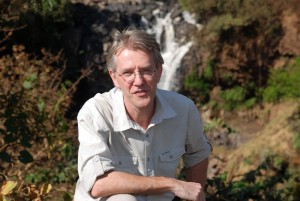
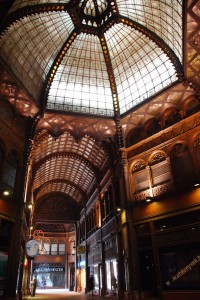

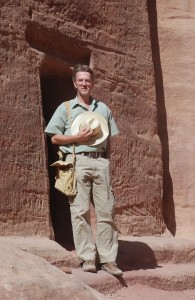
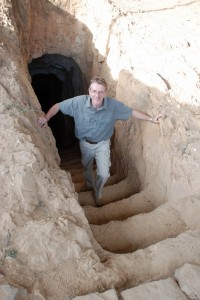

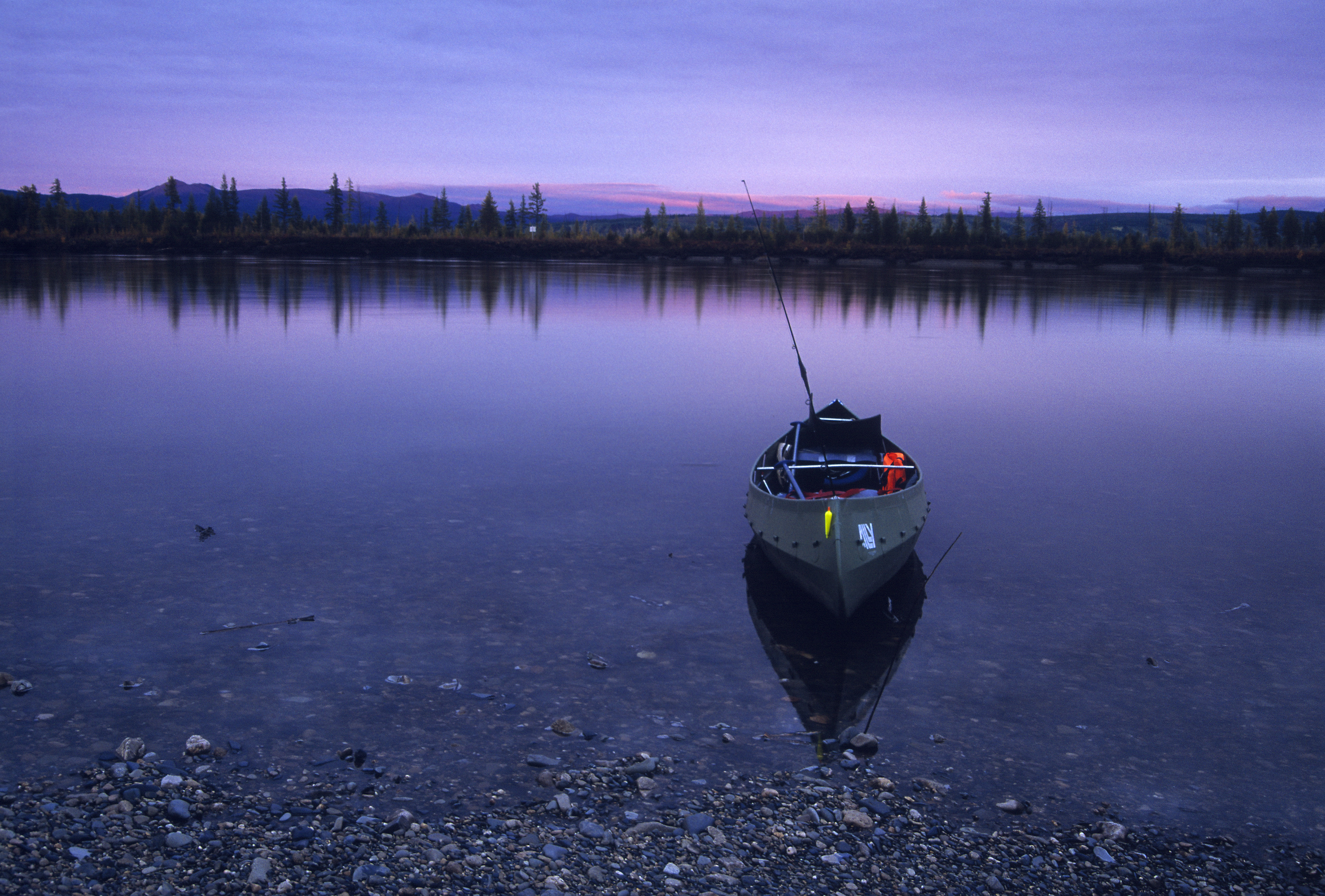
Excellent article and interesting insights. If I may be so bold, might I suggest that these very same questions be sent to a number of other explorers – not so much for comparison but to study the topic of exploration from different perspectives. I think it would be very interesting to see the common threads even if the themes are widely varied. What similarities would someone exploring rainforest jungles have with someone exploring caves or the ocean’s depths? Each has value and excitement of discovery…
Thank you for posting this article, Mikael. I enjoyed reading it.
What a fantastic interview! Thanks for posting this Mikael, Duncan is an inspiration. Wish I could dedicate more time to exploration, but it is possible whenever visiting a new place. Would like to dedicate 2012 to a photographic book project with accompanying text, now if only I could get funding! As a South African living in Cusco, Peru, and travelling now & then to the Peruvian Amazon, I have plenty of scope for exploration. That Chinese proverb is true, and thanks for the schnapps tip!